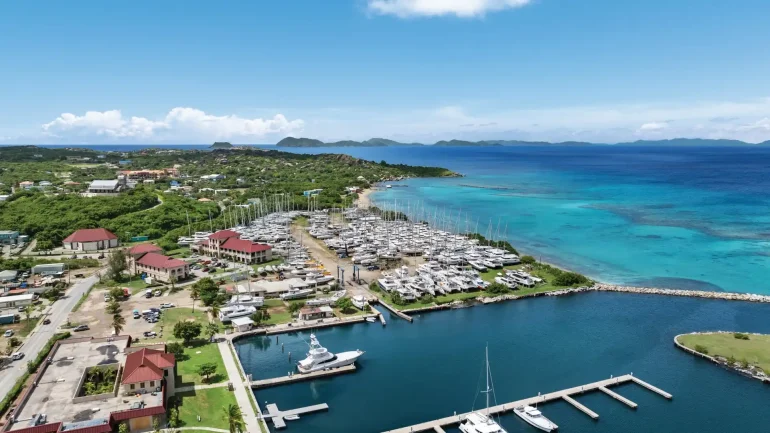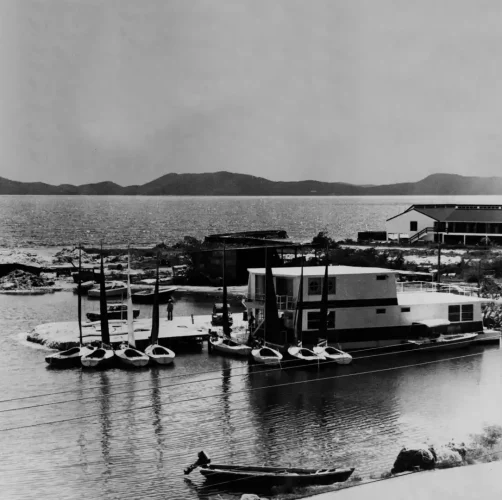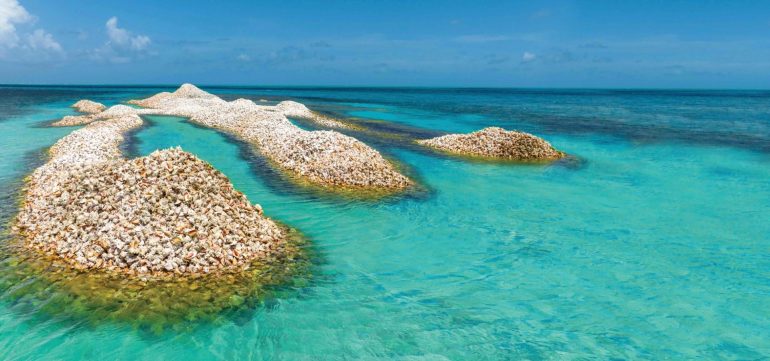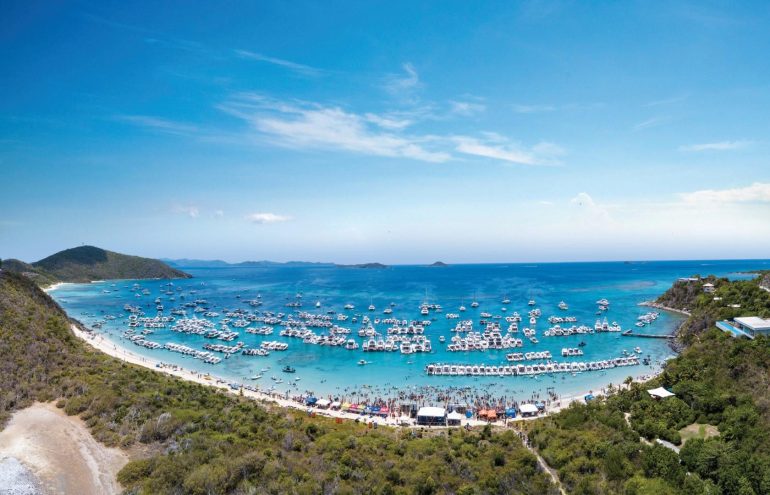Monday, January 4 – As 2010 begins, one of the goals of the Conservation and Fisheries Department is to stimulate greater public awareness of the personal and relevant issue of climate change as the Virgin Islands along with other Caribbean islands fall into the category of countries officially recognised by the United Nations Framework Convention on Climate Change (UNFCCC) as most vulnerable to its impacts.
“This categorisation highlights the serious nature of climate change and how important the United Nations 15th Conference of the Parties (COP15) Climate Change talks, recently concluded in Copenhagen, were to the Territory,” Climate Change Coordinator Ms. Angela Burnett Penn said.
“It has been my observation that most persons in the Territory associate climate change as some phenomena of concern to other countries and other people and is not associated with us. However, climate change is very real and very relevant as we are among the countries that will be hardest hit and we must therefore take a personal approach to deal with the effects it will pose,” Ms. Burnett Penn said.
Although a legally binding treaty by world leaders to address the global issue of climate change beyond 2012 was not achieved by the end of the COP 15 Climate Change talks, the conference did conclude in the birth of the Copenhagen Accord which was drafted by the United States of America, China, Brazil, India, and South Africa and that has been supported by 29 countries so far.
Speaking to the Department of Information and Public Relations upon her return from the December meetings, Ms. Burnett Penn briefed the department on the essence of the accord.
“The Copenhagen Accord endorses the goal of keeping average global temperatures from rising above 2°C (3.6°F), the cap agreed necessary by most scientists to avoid the worst global impacts of climate change,” she stated.
“It does not, however, spell out country-specific carbon emission cuts for achieving this target. Instead, countries are asked to submit their carbon emission reduction targets by the end of January 2010. As the accord is only politically binding, however, countries cannot be penalised for not meeting the targets they put forward,” Ms. Burnett Penn said.
She further pointed out that, “At COP 15, small islands were really pushing for an agreement to limit global temperature rise below 1.5°C (2.7°F) as the global “safe” limit of 2°C (3.6°F) is simply too high for vulnerable low-lying small islands that depend on very fragile natural resources like coral reefs."
Such revelations mean that the Territory will have to focus even more on a series of actions to adapt to the impacts of climate change in 2010 and beyond. “That is why the ongoing Enhancing Capacity for Adaptation to Climate Change in the UK Overseas Territories (ECACC) project is so important. A key output so far has been the Virgin Islands Climate Change Issues Paper which really explains the climate change impacts most likely to affects us and gives us options for adapting,” Burnett Penn stated.
The Territory’s delegation to Copenhagen also included fifth District Representative Honourable Elvis Harrigan and National Focal Point for Climate Change, Mr. Clyde Lettsome, who is also the permanent secretary in the Ministry of Natural Resources and Labour. The delegates were exposed to new climate change science, policy, adaptation strategies, and programmes, and developed a greater appreciation of the UN climate change negotiation process and how the Territory is impacted by it.
The Climate Change Coordinator encourages the public to become more informed about the local impacts of climate change by reading the Virgin Islands Climate Change Issues Paper available at the Conservation and Fisheries Department.





